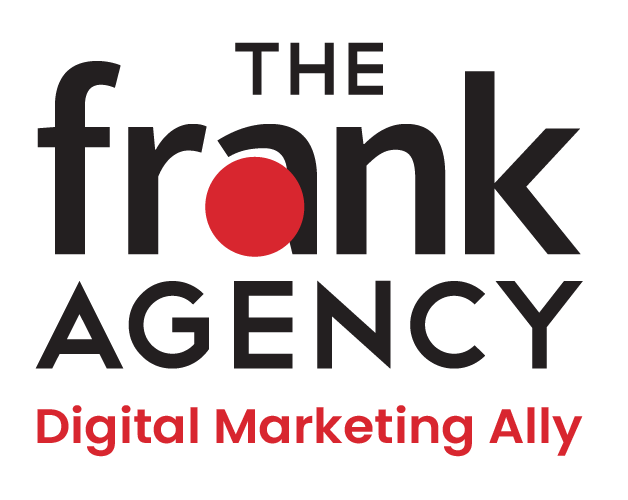Understanding Brand Equity
Brand equity refers to the intangible value and strength that a brand holds in the minds of consumers. It represents the worth of a brand, encompassing factors such as brand reputation, customer perception, recognition, trust, and loyalty. Brands with strong equity have a competitive advantage and enjoy greater customer preference and willingness to pay premium prices.
The Importance of Brand Equity
Building and maintaining brand equity is crucial for several reasons:
- Competitive Differentiation: Strong brand equity helps differentiate a brand from competitors in the marketplace, making it stand out and be more memorable.
- Customer Perception and Trust: A positive brand equity creates a favorable perception among customers, building trust and credibility that influences their purchase decisions.
- Enhanced Customer Loyalty: Brands with high equity tend to have loyal customers who are more likely to repurchase, recommend the brand to others, and become brand advocates.
- Market Expansion: Brands with established equity find it easier to expand into new markets or introduce new products, leveraging their existing reputation and customer trust.
Factors Influencing Brand Equity
Several factors contribute to building brand equity:
- Brand Identity and Positioning: A clear and distinct brand identity, along with effective positioning, helps customers understand and connect with the brand.
- Product or Service Quality: Delivering high-quality offerings that consistently meet or exceed customer expectations enhances brand equity.
- Marketing and Communication: Effective marketing campaigns, messaging, and communication efforts shape brand perceptions and influence equity.
- Customer Experience: Positive and memorable experiences throughout the customer journey contribute to building strong brand equity.
- Brand Associations: The associations consumers make with a brand, including emotional connections and shared values, contribute to its equity.
Managing and Measuring Brand Equity
Managing brand equity involves ongoing efforts to monitor, protect, and enhance it. Key strategies include:
Regularly monitoring customer perceptions, attitudes, and behaviors towards the brand.
Protecting brand reputation through consistent delivery of quality products/services and proactive crisis management.
Investing in marketing activities that align with brand positioning and reinforce positive brand associations.
Continuously measuring brand equity through market research, tracking brand metrics, and conducting brand equity studies.
- Conclusion: Leveraging the Power of Brand Equity
Building and nurturing brand equity is a long-term investment that pays off in terms of market influence, customer loyalty, and financial value.


